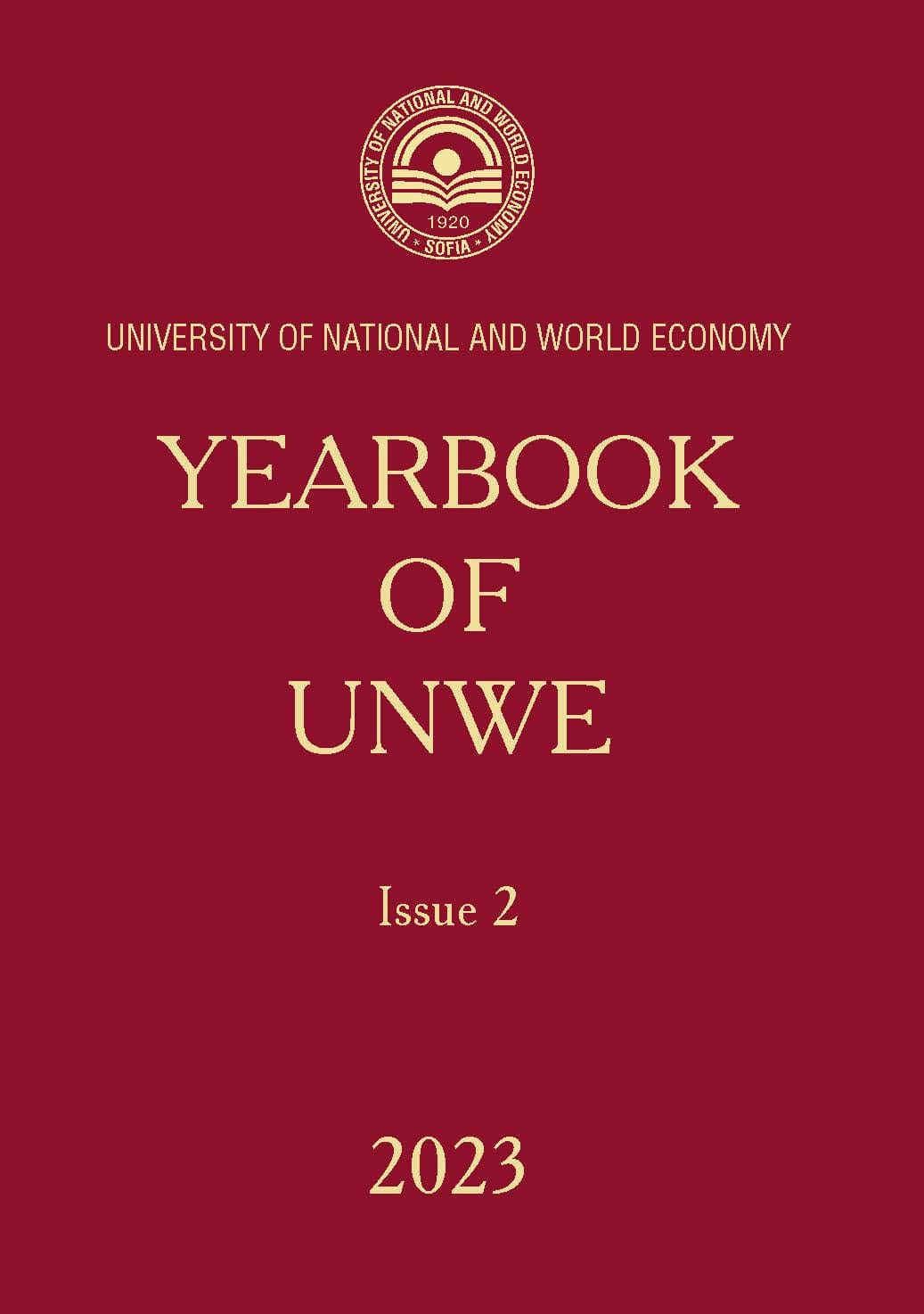Motivational Asymmetry in the Prospective and Retrospective Mode of Value: Going from the Third Person Logic of the Non-Involved External Observer to the First-Person Ego-logic of the Motivated Actor Himself
Motivational Asymmetry in the Prospective and Retrospective Mode of Value: Going from the Third Person Logic of the Non-Involved External Observer to the First-Person Ego-logic of the Motivated Actor Himself
Author(s): John B. RijsmanSubject(s): Social Sciences, Economy, Psychology, Social psychology and group interaction, Psychology of Self, Human Resources in Economy, Socio-Economic Research
Published by: Университет за национално и световно стопанство (УНСС)
Keywords: motivational asymmetry; equality; prospective versus retrospective; comparative preference; self-involvement; decision-making; behavioural economics
Summary/Abstract: The paper compares two models of motivational asymmetry, one developed by Rijsman in his earlier work on social comparison (1970, 1974), and one developed by Kahneman and Tversky in their later work on prospect theory (1979). Although both models agree on motivational asymmetry, in the sense of “losses looming larger than gains”, they differ greatly in terms of the motivational value they assign to equality and to extreme outcomes, and differ also in terms of the temporal modality in which they are formulated. To better understand these differences, the first model was carefully reviewed in terms of its analytic construction and it’s application to behavioural economics, and contrasted with the second model, in which there was basically no conceptual analysis of motivational value, but intuitive transformation of the functional relation between outcomes and value on the normative balance itself. It was concluded that when we incorporate Self-involvement of the actor in our concept of prospective outcomes, as is automatically the case in the retrospective mode of value, we actually obtain the same type of motivational asymmetry as obtained for Self-involving outcomes in the past, as proposed in the first model. This was further elaborated in terms of the difference between the illusion of third-person logic (typical for models in normative economics), versus the first-person Ego-logic which is necessary to describe the actual decision making of the so called “motivated” actors themselves.
Journal: Годишник на УНСС
- Issue Year: 2/2023
- Issue No: 2
- Page Range: 7-35
- Page Count: 29
- Language: English

